By: Syed Shayan
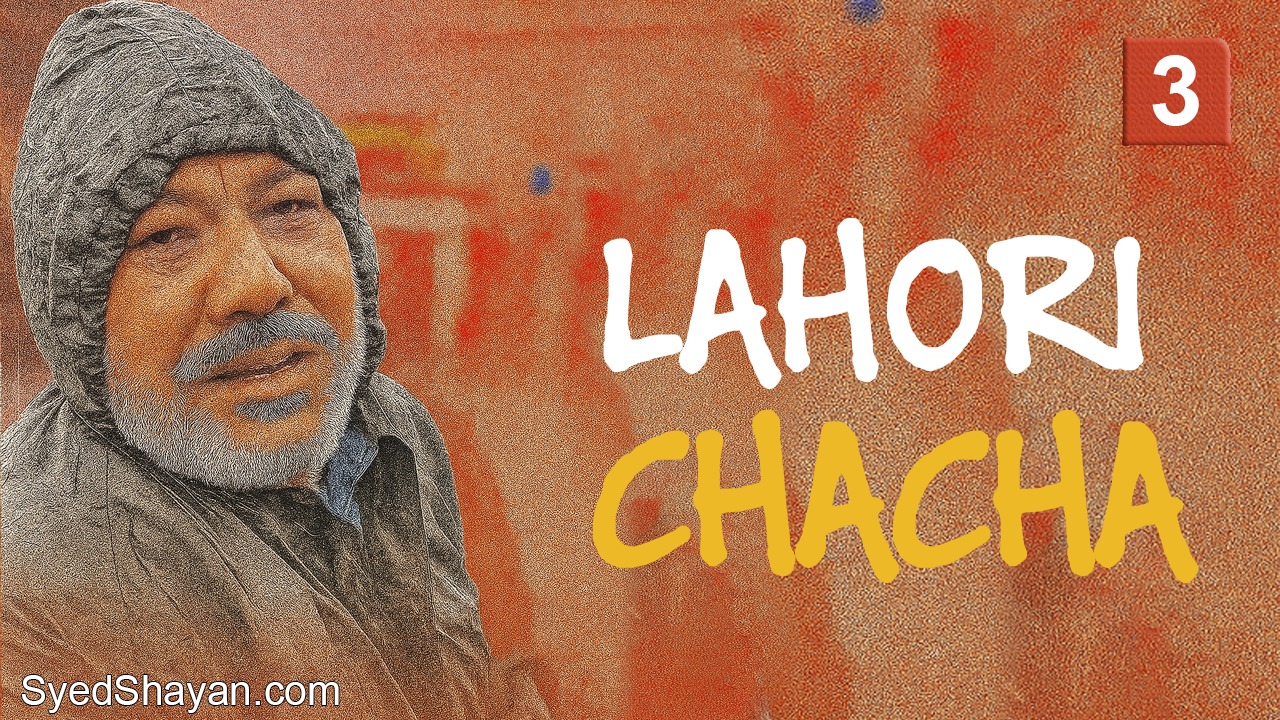
English Version Stats: 12 hr 30 min total reading time by 41 readers
[Urdu version metrics tracked separately]
Lahori Chacha (Part 3)
Was there a political or ideological agenda behind the statement
▫Every individual has the right to express themselves, even if others disagree with what they say.
▫For the state, the real test is whether it responds to offensive language with tolerance or with force.
▫For the state, the real test is whether it responds to offensive language with tolerance or with force.
▫In Lahori Chacha’s case, the law should not be used as a weapon of power but rather as a tool for reform, to prevent him from being criminalized.
▫Under United States law, using abusive or sarcastic language against the president or any government official is not a crime. It is protected as freedom of speech.
The case of Lahori Chacha has reignited a critical debate in Pakistan about the line between freedom of expression and defamation. In the midst of pouring rain and flooded streets, a distressed man expressed his frustration using inappropriate language toward Punjab’s Chief Minister, Maryam Nawaz Sharif, and used harsh words for the Chief of the Army Staff as well. This incident raises a fundamental question. What is the legal status of such speech? Can it be punished under the law, or was it simply an emotional outburst that deserves empathy rather than punishment?
In Pakistan, if someone publicly insults a government figure such as the Prime Minister or President, there is no specific law titled “insulting national leadership.” However, such behavior can still be prosecuted under existing laws related to defamation or deliberate insult.
Article 19 of the Constitution grants freedom of speech, but this right is not absolute. It is subject to reasonable restrictions for reasons such as national security, respect for the judiciary and armed forces, and public morality. When someone uses openly abusive or mocking language against a person or institution, their speech may fall outside the boundaries of lawful expression.
While Chacha’s words toward the Chief Minister may be seen by many as just verbal outrage, in legal terms they could be classified as defamation. Section 500 of the Pakistan Penal Code allows punishment for damaging a person’s reputation. If the remarks were made online or through any digital platform, the Prevention of Electronic Crimes Act 2016 (PECA) becomes applicable, particularly Section 20, which allows imprisonment for up to three years, a fine, or both for online defamation.
As for the army chief, offensive remarks can be interpreted as hate speech against a state institution. Section 37 of PECA also empowers the authorities to restrict social media content that incites hatred against public institutions.
Considering Pakistan’s current legal and political climate, it seems that such statements are no longer seen as emotional reactions but rather as part of a broader pattern of public disorder or defamation. In earlier times, similar remarks by ordinary citizens were often ignored. However, recent interpretations of the law appear to focus on the exact words used, without always considering the context.
If the case proceeds in court, the judge may consider several key factors.
1. Was this simply the emotional reaction of a distressed citizen
2. Were the words deliberately chosen to damage the reputation of a specific person or institution
3. Was there a political or ideological agenda behind the statement
4. Did the remarks cause real harm to the image of a public institution
If the answers are affirmative, punishment is likely. If not, the court may choose to show leniency.
Although legal punishment is possible, this is not just a legal matter. It is also a question of ethics and social sensitivity. When a common man, drenched in rain and overwhelmed by frustration, lashes out in anger, should that be treated as a criminal offense or as a symptom of deeper social frustration? Should the state focus on silencing such voices, or should it address the causes that provoke them?
Chacha’s language was certainly objectionable. But the state’s response should not have gone as far as arrest and punishment. The wiser course would have been to listen, to understand the circumstances that gave rise to such words.
In many countries around the world, using harsh language against heads of state or monarchs is not just socially frowned upon, it is a punishable offense. In places like Thailand, Turkey, Iran, Egypt, or Saudi Arabia, such acts can result in long prison sentences. The United States, however, takes a dramatically different approach. There, even strongly offensive public criticism of the president or government officials is not a criminal act unless it incites violence or contains direct threats.
This freedom is not just a legal provision in the United States. It reflects a cultural philosophy. In their view, harsh or even vulgar criticism of government institutions is an essential part of democracy. This is why slogans like “Not my President” or even “F*** the President” appear regularly in protests, social media posts, and comedy shows, with no legal consequences.
For Pakistan, the real test of a mature democracy is not what one citizen said but how the state responded. When the law becomes a symbol of force alone, it loses its capacity to educate, guide, and create space for dialogue. In such situations, the socially responsible choice is to use the law not merely to punish but to promote balance, understanding, and reform.
Our leadership must now decide where to draw the line on freedom of speech. Should it be based solely on institutional respect, or should it also take into account the citizen’s emotion, context, and intention? Do we want a country where all dissent is treated as a crime and every criticism is seen as hostility?
Whether or not the American model suits us, it does offer one powerful lesson. A truly strong democracy is not threatened by harsh language. It tries to understand where that language is coming from.
One of the most powerful quotes capturing the spirit of political tolerance is attributed to the French philosopher Voltaire.
“I disapprove of what you say, but I will defend to the death your right to say it.”
Though Voltaire never said these exact words, his biographer Evelyn Beatrice Hall wrote them to represent his beliefs. Over time, this quote has come to symbolize the global ideal of freedom of speech and political tolerance.
The intellectual foundation of free expression, which now anchors democratic societies across the United States, Europe, Australia, India, and beyond, was laid during Europe’s Enlightenment movement. Voltaire was one of its most prominent champions. Today, freedom of expression is considered a core democratic value. The belief that every person has the right to speak, even when we do not agree with them.
(To be continued in the next episode..)
5
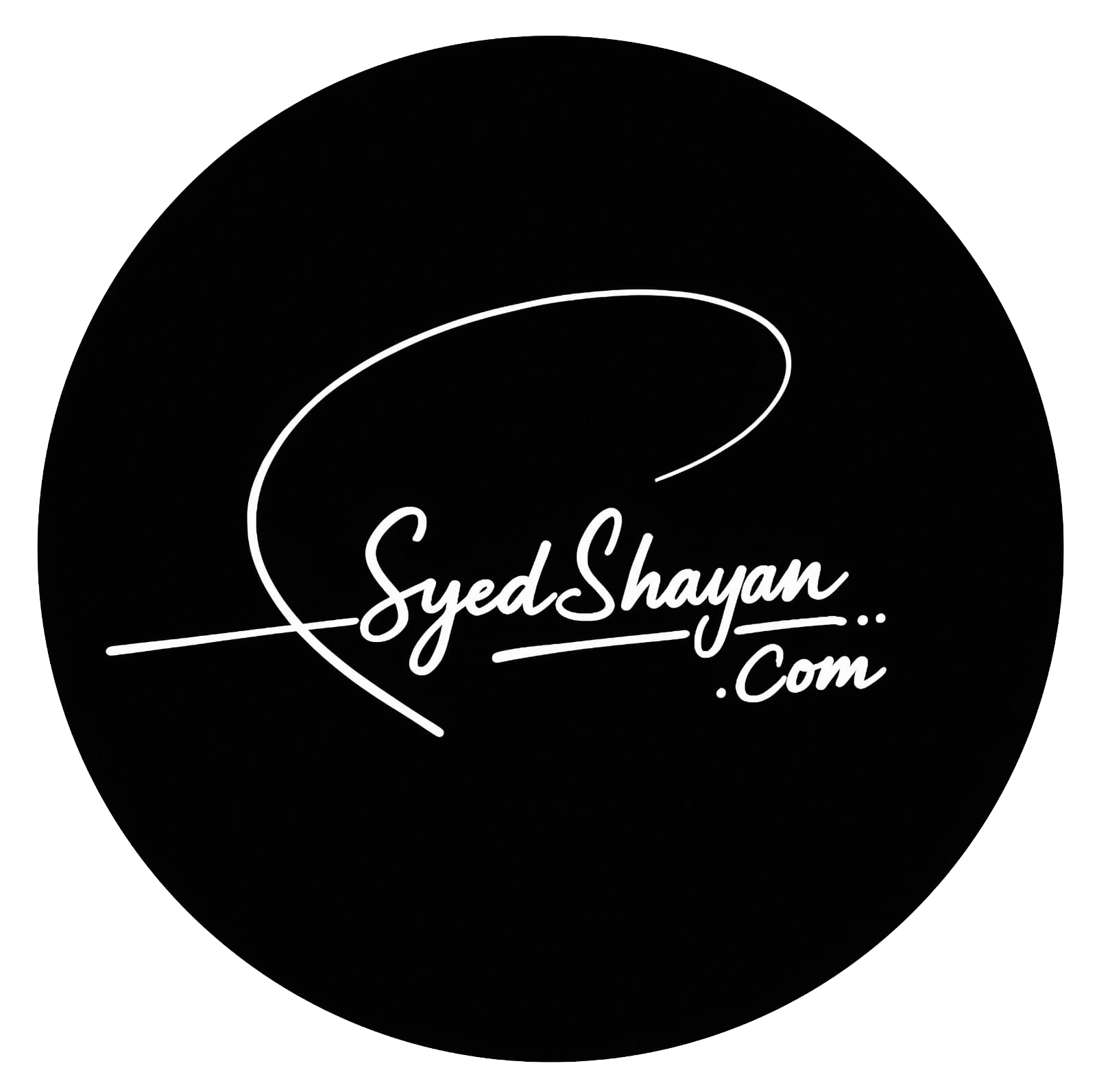

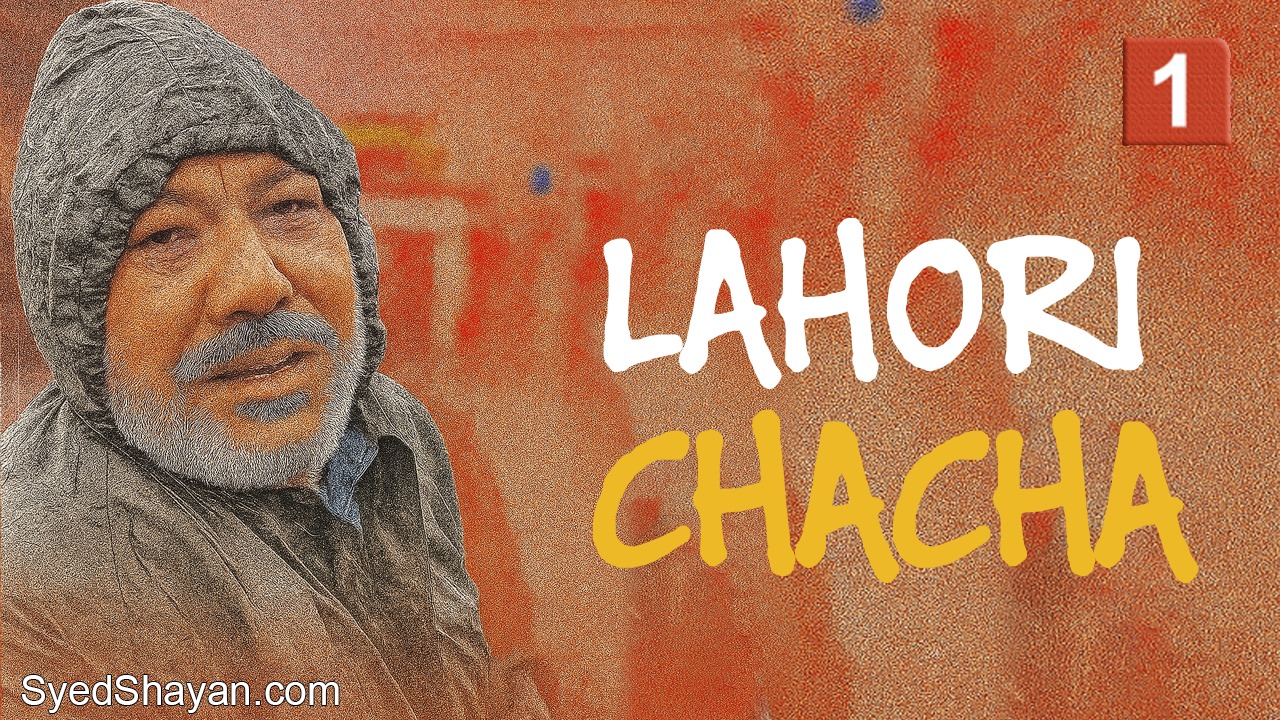
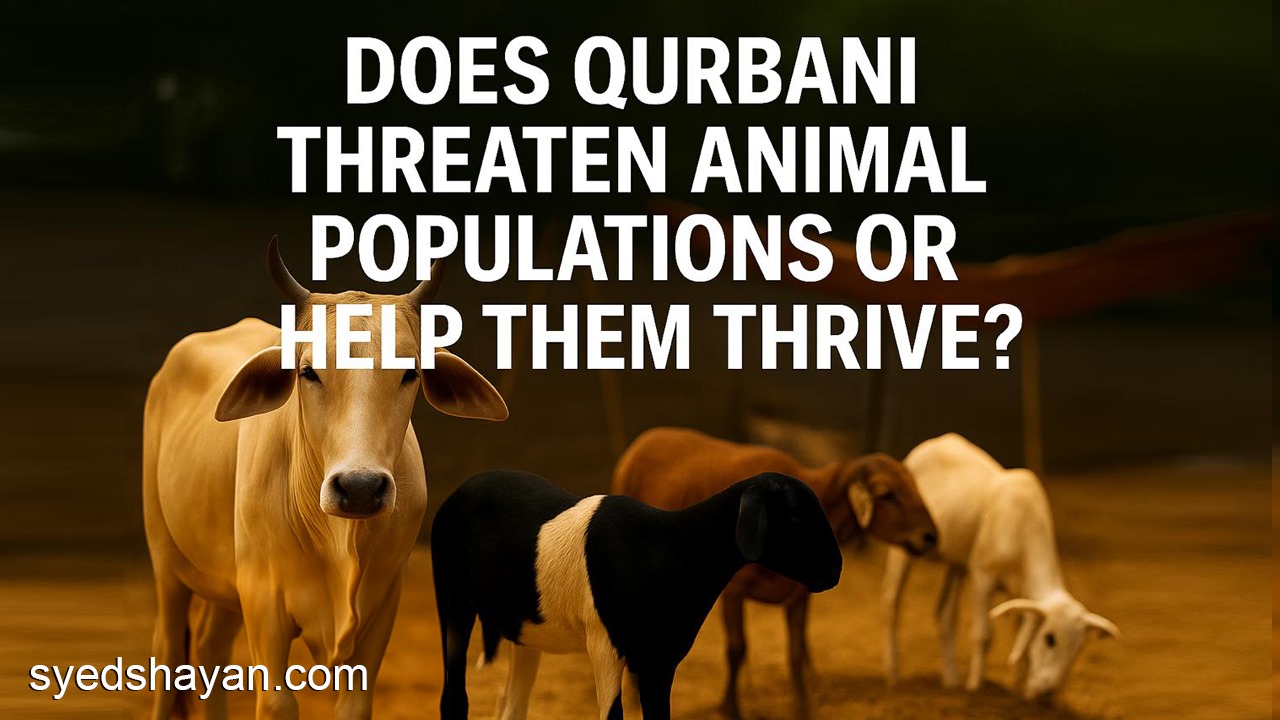
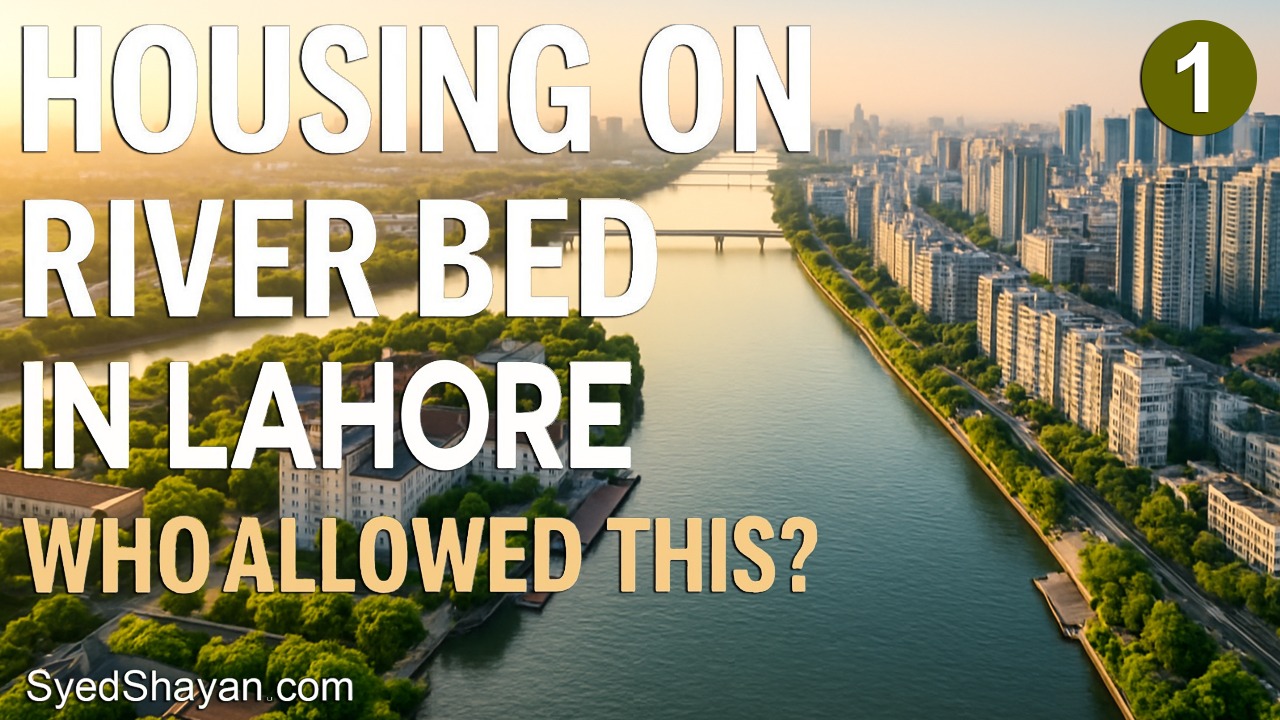
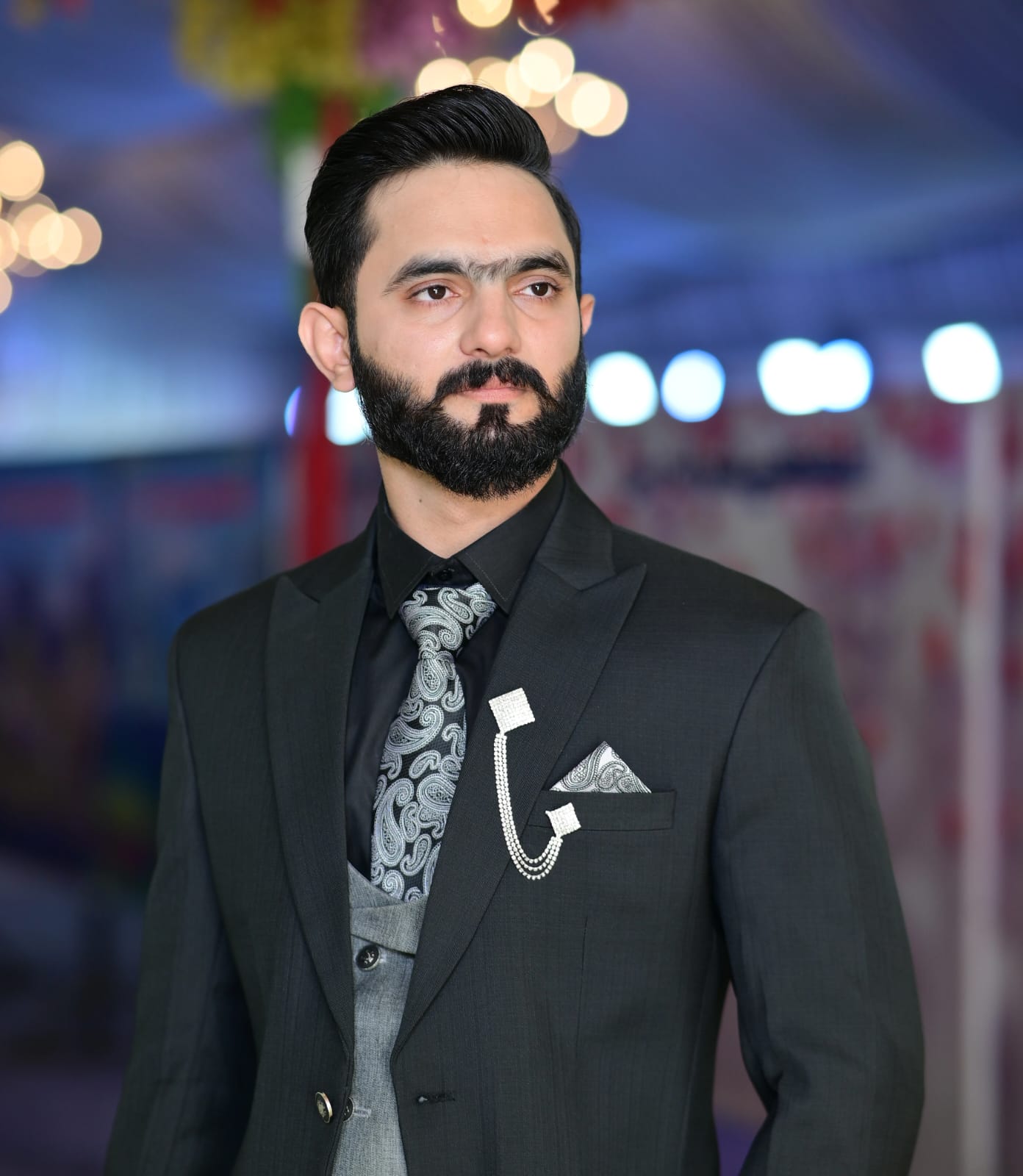

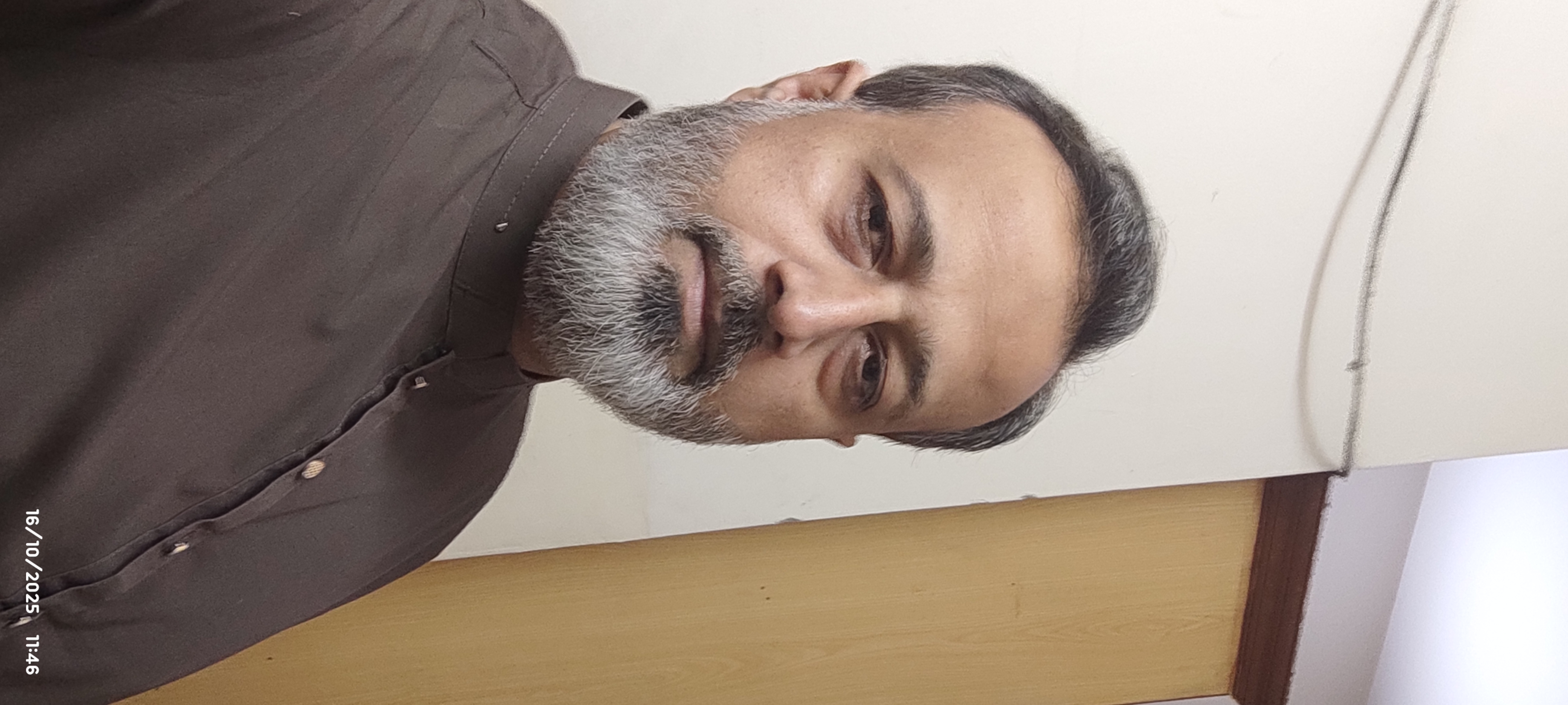
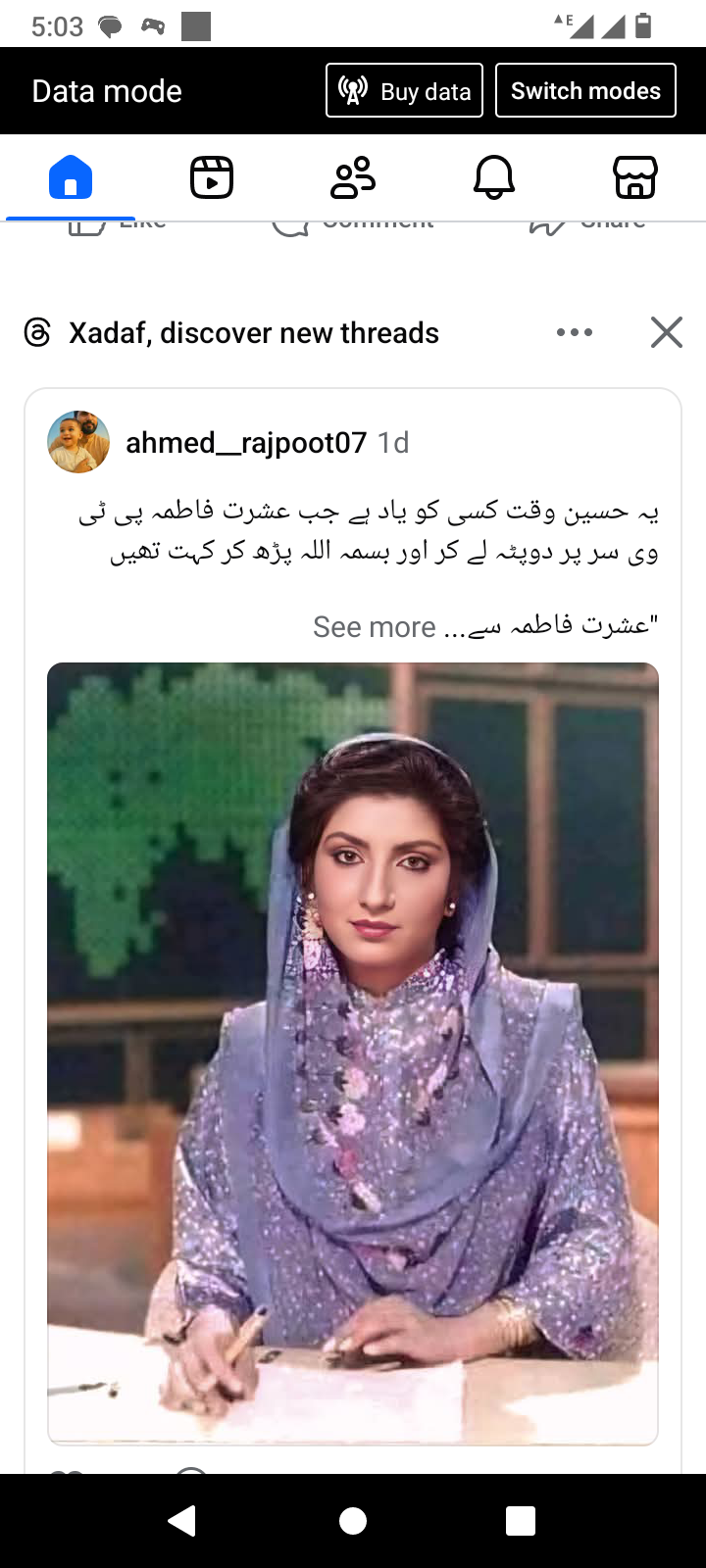



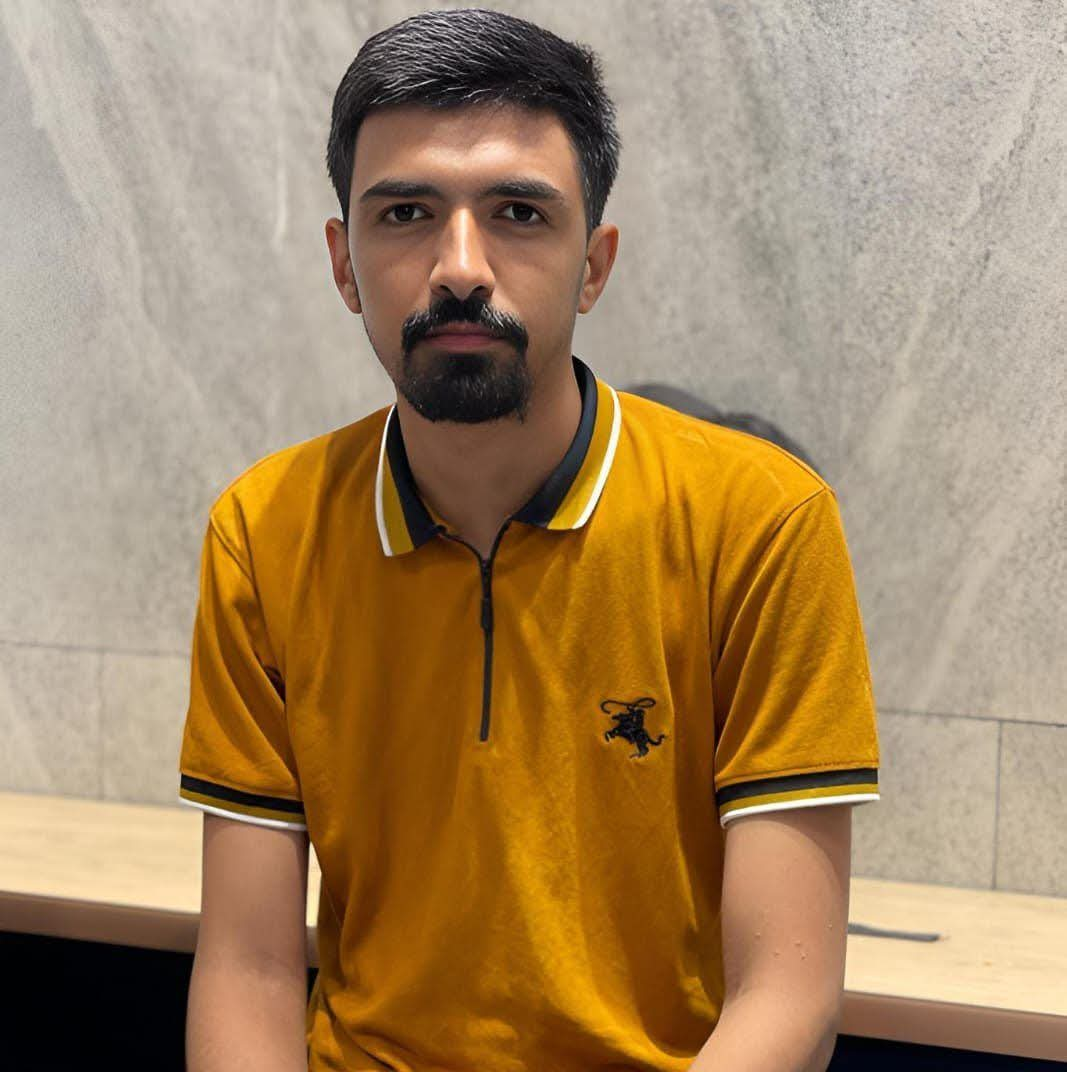


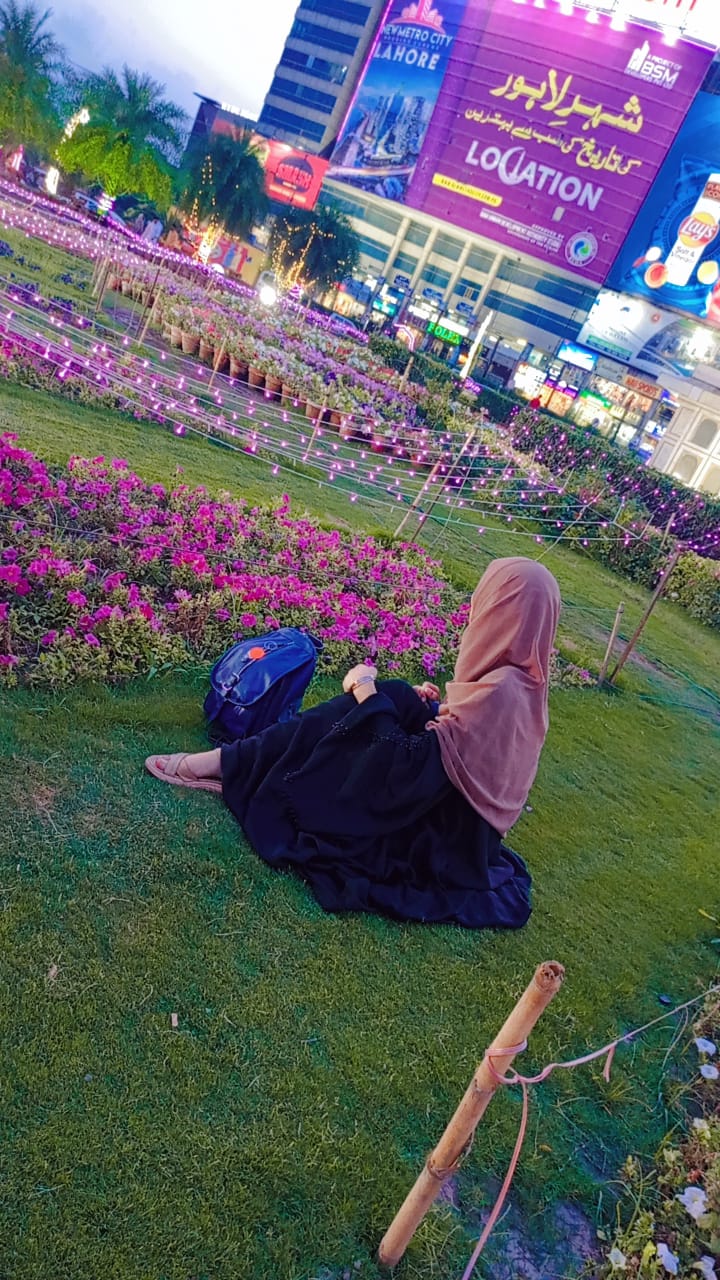
0 Comment
41 Views